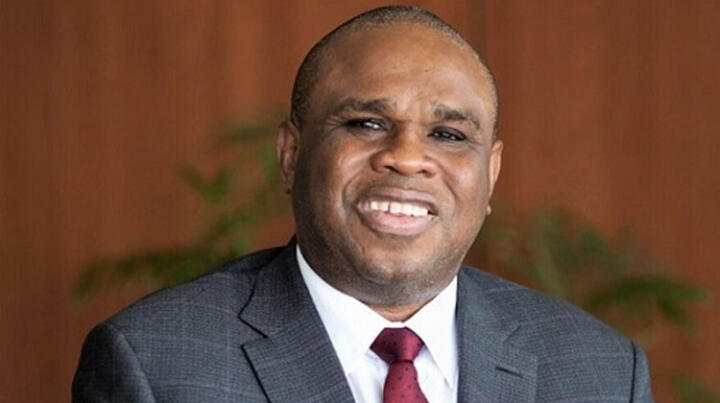In a significant statement, the President of the African Export-Import Bank (Afreximbank) has emphasized the importance of free movement of people to complement the African Continental Free Trade Area (AfCFTA). The synergy between these two elements is seen as crucial for the success of regional integration and economic development across the continent. The Infosride explores the remarks made by the Afreximbank President, the significance of free movement in conjunction with AfCFTA, and the potential impact on Africa’s economic landscape.
**Background on AfCFTA:**
The African Continental Free Trade Area (AfCFTA) is a landmark initiative aimed at creating a single market for goods and services on the African continent. Signed by a majority of African countries, AfCFTA seeks to boost intra-Africa trade, foster economic integration, and create opportunities for shared prosperity.
**Afreximbank’s President on Free Movement:**
The President of Afreximbank has underlined the complementary nature of free movement of people to AfCFTA. The emphasis on free movement aligns with the broader vision of creating an interconnected and dynamic African economy where goods, services, and people can move seamlessly across borders.

**Importance of Free Movement to AfCFTA:**
1. **Enhanced Trade Facilitation:** Free movement of people facilitates smoother trade transactions. Business professionals, entrepreneurs, and workers moving freely within the continent can contribute to more efficient trade negotiations, contract execution, and overall trade facilitation.
2. **Catalyst for Economic Integration:** The free movement of people serves as a catalyst for deeper economic integration. It fosters cross-border collaborations, joint ventures, and partnerships, leading to a more integrated African economy where diverse talents and resources are harnessed for collective growth.
3. **Skill and Knowledge Transfer:** Free movement allows for the movement of skilled professionals, knowledge workers, and experts across borders. This transfer of skills and expertise can contribute to the development of industries, innovation, and the overall advancement of sectors critical to economic growth.
4. **Stimulating Investment:** Investors are likely to be more inclined to commit resources to regions where there is ease of movement for skilled labor and professionals. Free movement can thus stimulate investment by creating an environment conducive to the mobility of human capital.
**Potential Impact on Africa’s Economic Landscape:**
1. **Regional Economic Hubs:** Free movement can lead to the emergence of regional economic hubs where the movement of people fosters vibrant economic activities. This decentralization of economic activities can contribute to a more balanced and inclusive economic landscape.
2. **Entrepreneurial Ecosystems:** The ability of entrepreneurs and business professionals to move freely can foster the development of entrepreneurial ecosystems. These ecosystems, supported by free movement, can become breeding grounds for innovation, startups, and economic resilience.
3. **Job Creation:** The interconnectedness facilitated by free movement can lead to job creation across various sectors. As industries expand and collaborate across borders, there is a potential increase in employment opportunities, benefiting local communities and contributing to poverty reduction.
4. **Cultural Exchange and Understanding:** Free movement not only facilitates economic transactions but also promotes cultural exchange and understanding. This can contribute to a richer and more diverse African tapestry, fostering a sense of unity and shared identity.
**Challenges and Considerations:**
1. **Harmonization of Policies:** Successful implementation of free movement requires the harmonization of policies among participating nations. Coordinated efforts to align immigration, labor, and trade policies are essential for seamless movement across borders.
2. **Security Concerns:** While free movement brings numerous benefits, security concerns must be addressed. Collaborative efforts in intelligence-sharing, border control, and addressing transnational threats are crucial to ensuring the safety and security of people moving within the continent.
**The Infosride’s Ongoing Coverage:**
As the President of Afreximbank underscores the importance of free movement to complement AfCFTA, The Infosride remains committed to providing ongoing coverage. Stay tuned for updates on the progress of regional integration efforts, insights into the impact of free movement on economic dynamics, and comprehensive reporting on developments shaping Africa’s economic landscape.
Support InfoStride News' Credible Journalism: Only credible journalism can guarantee a fair, accountable and transparent society, including democracy and government. It involves a lot of efforts and money. We need your support. Click here to Donate
